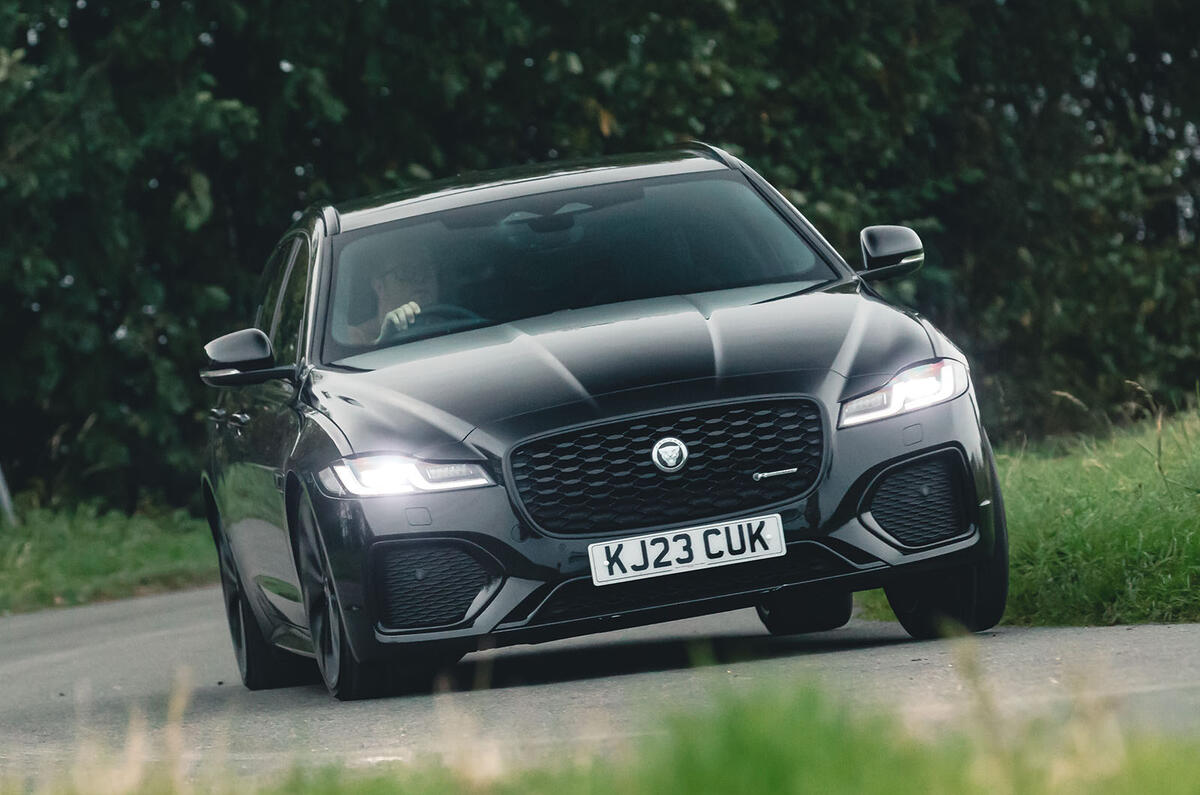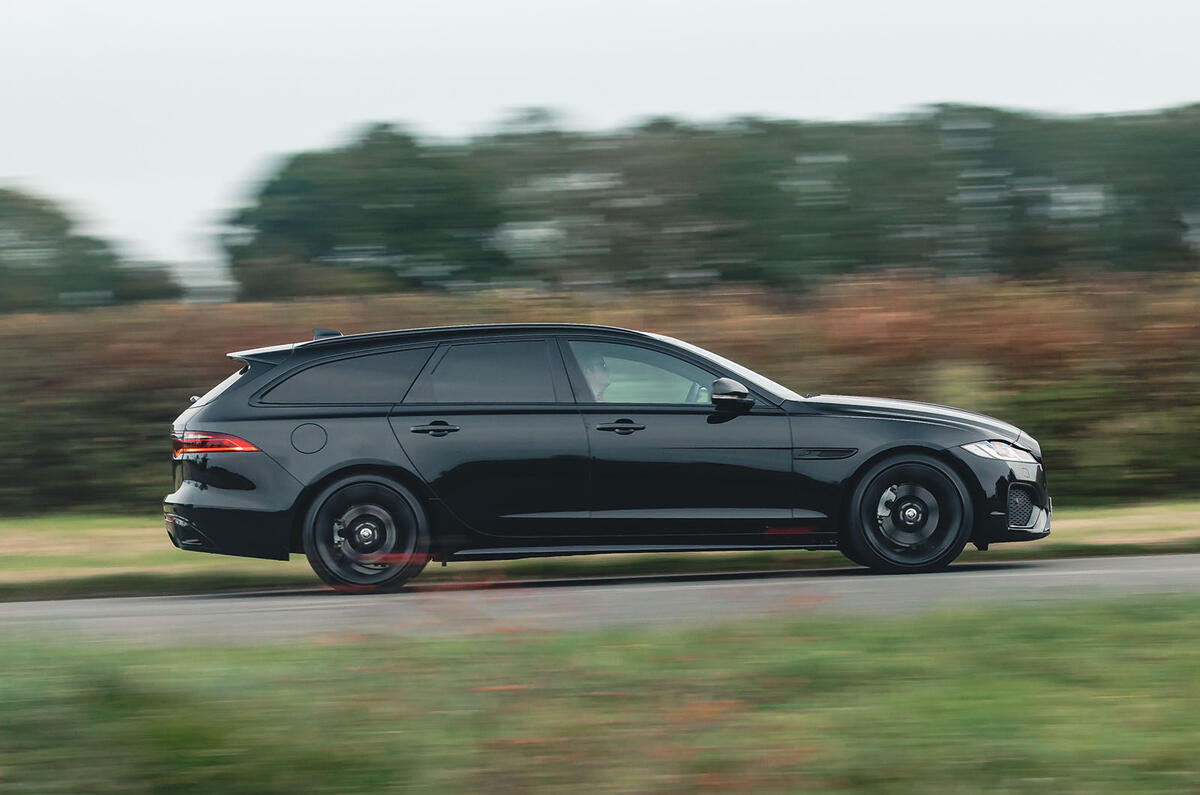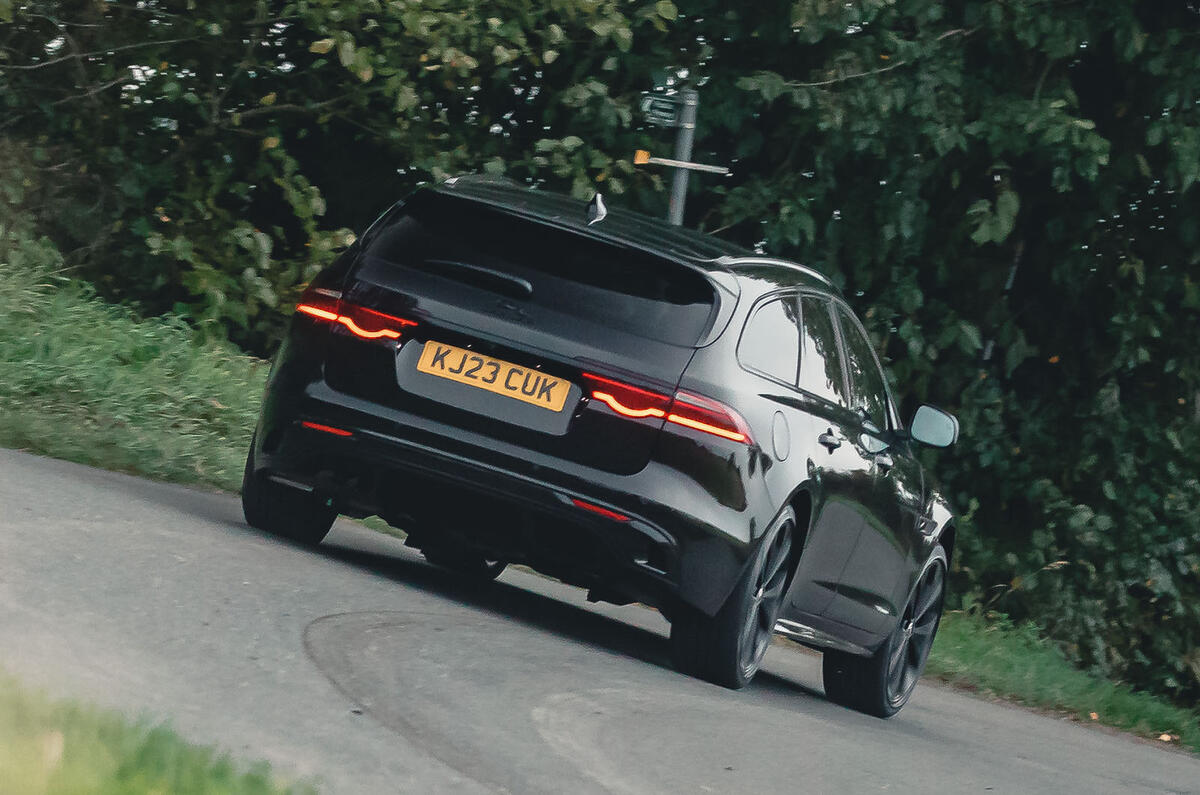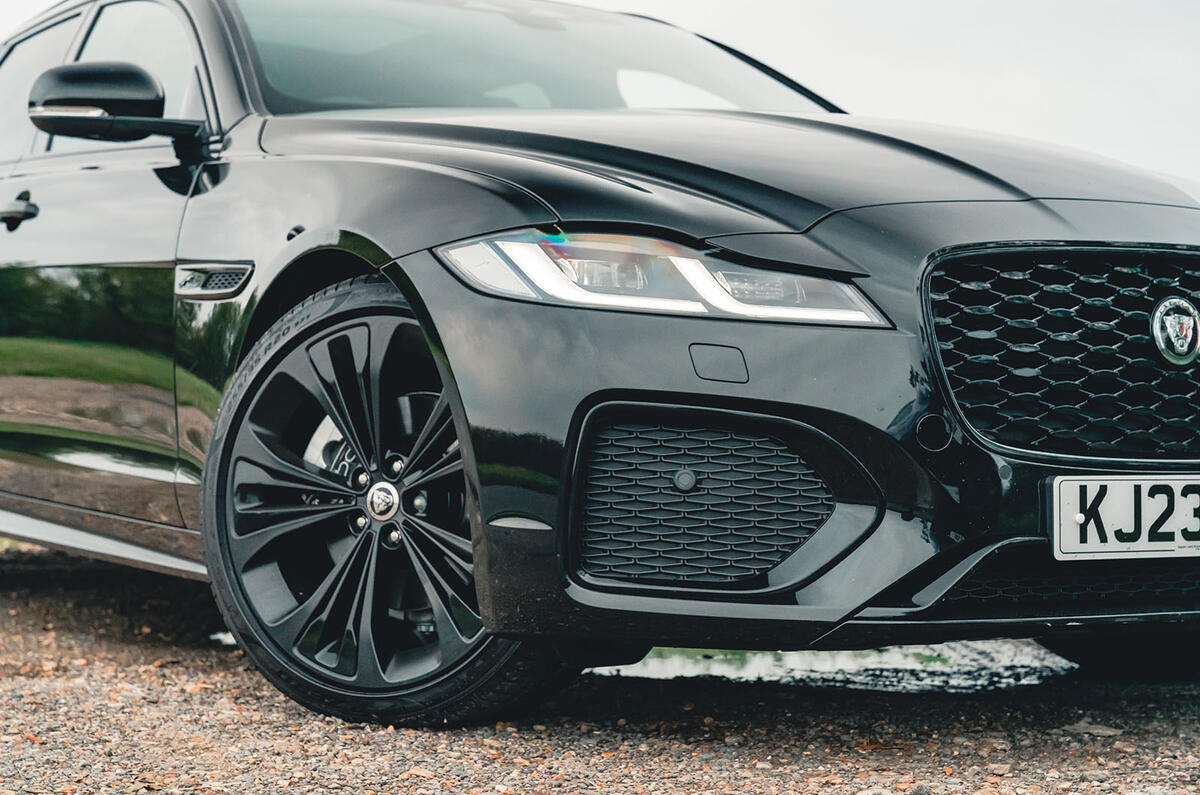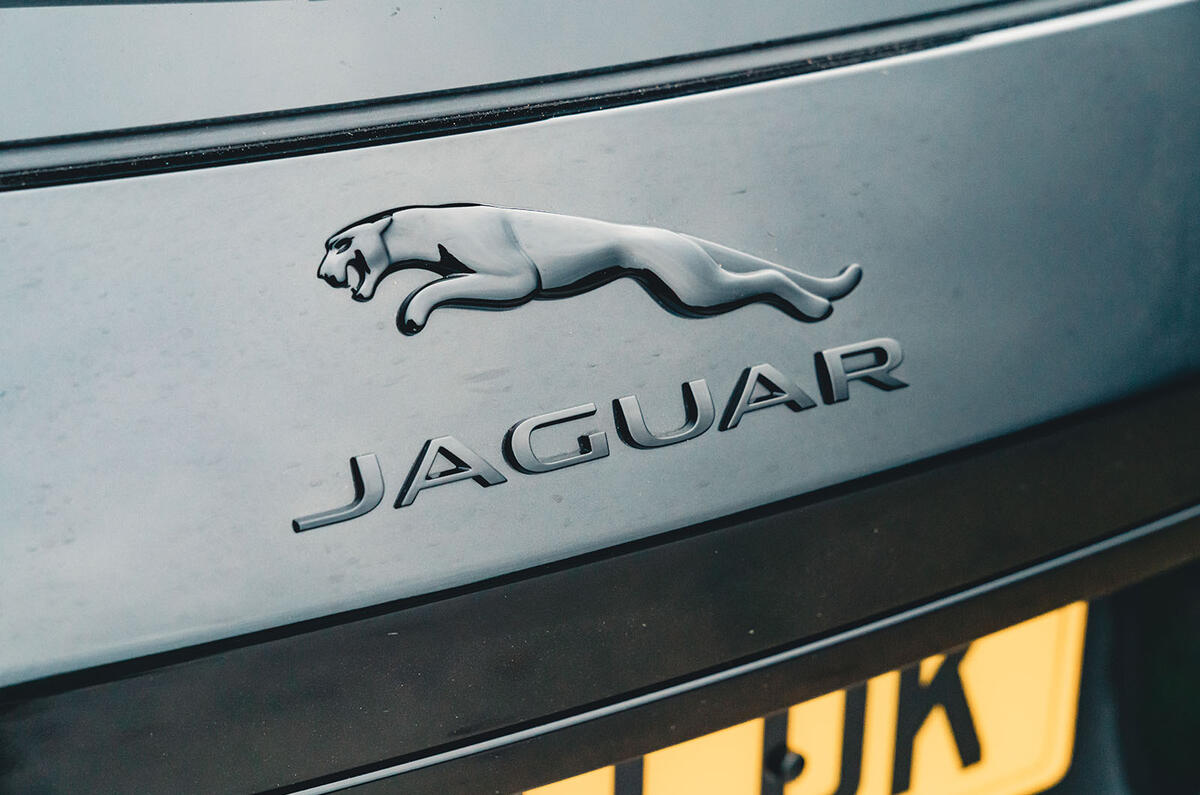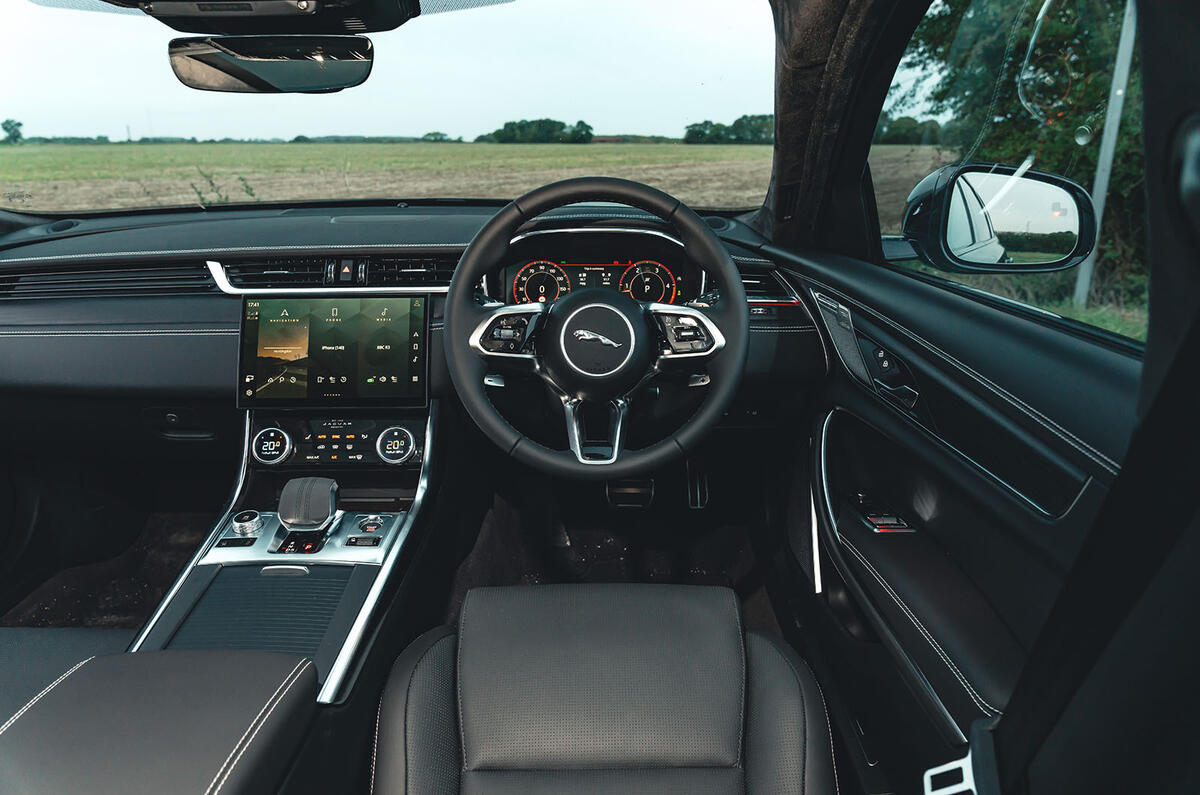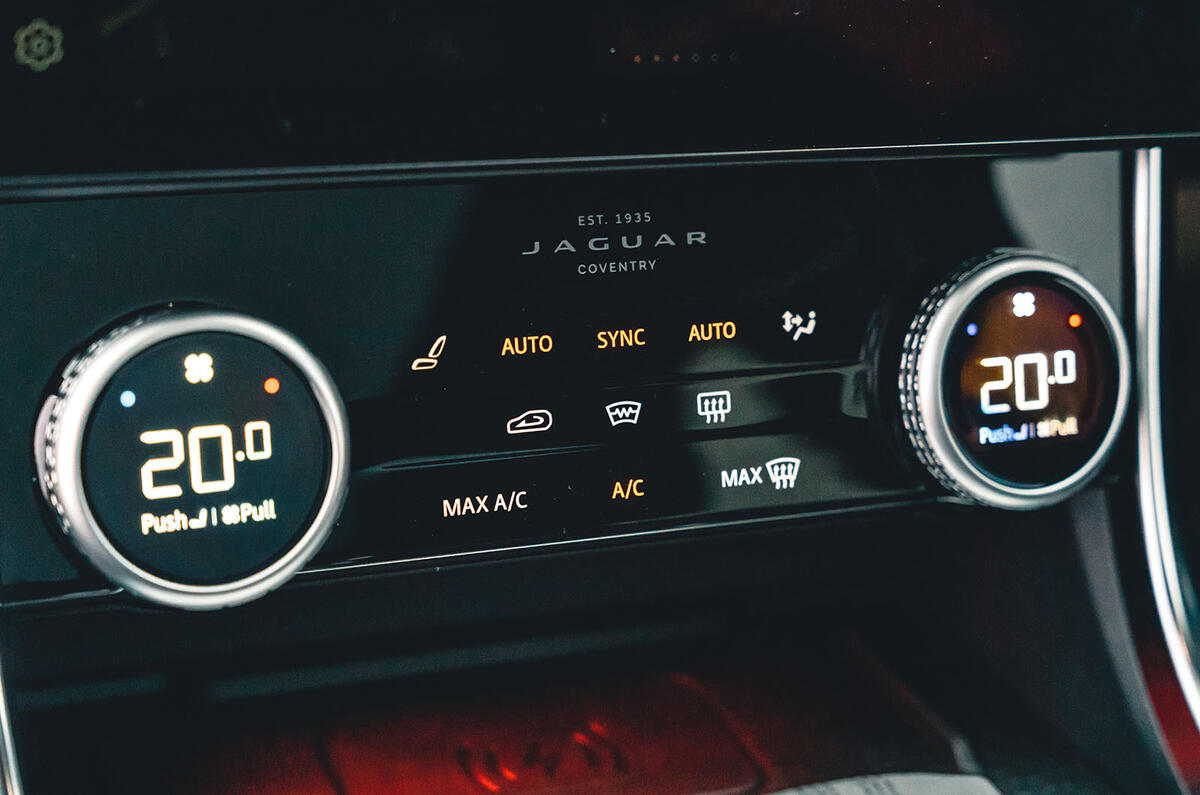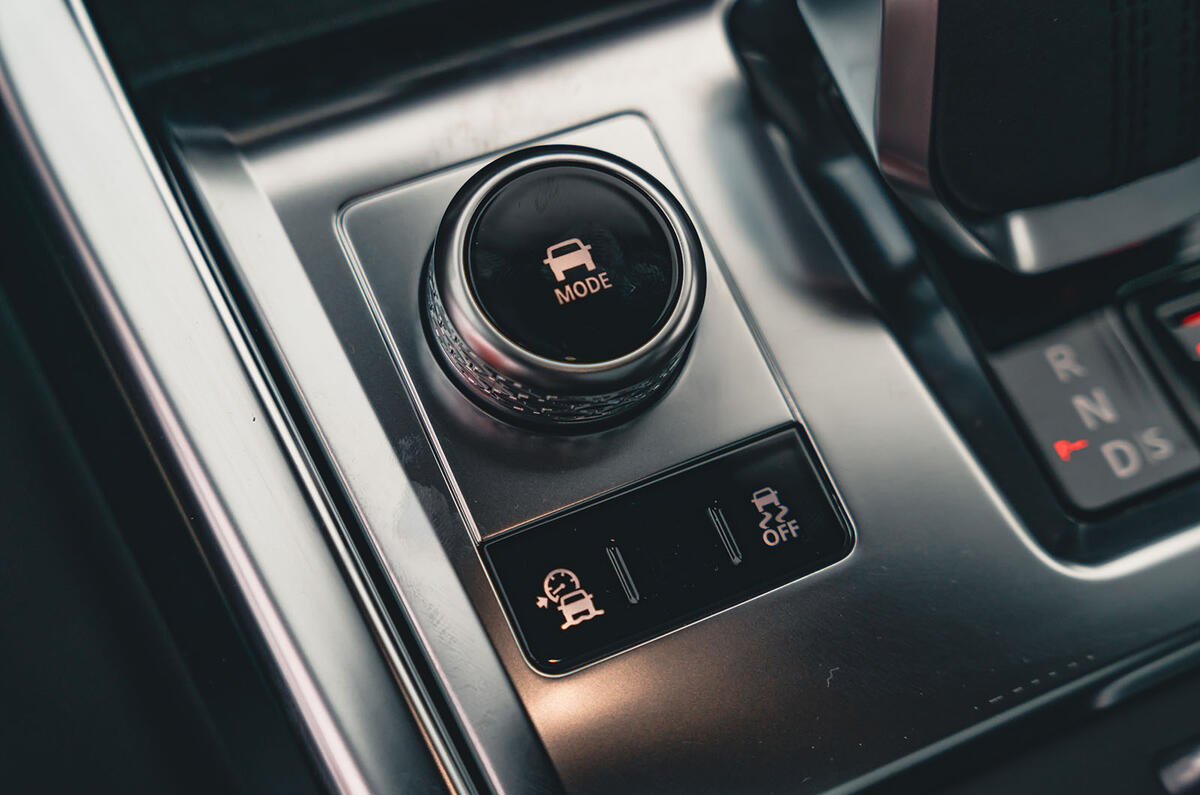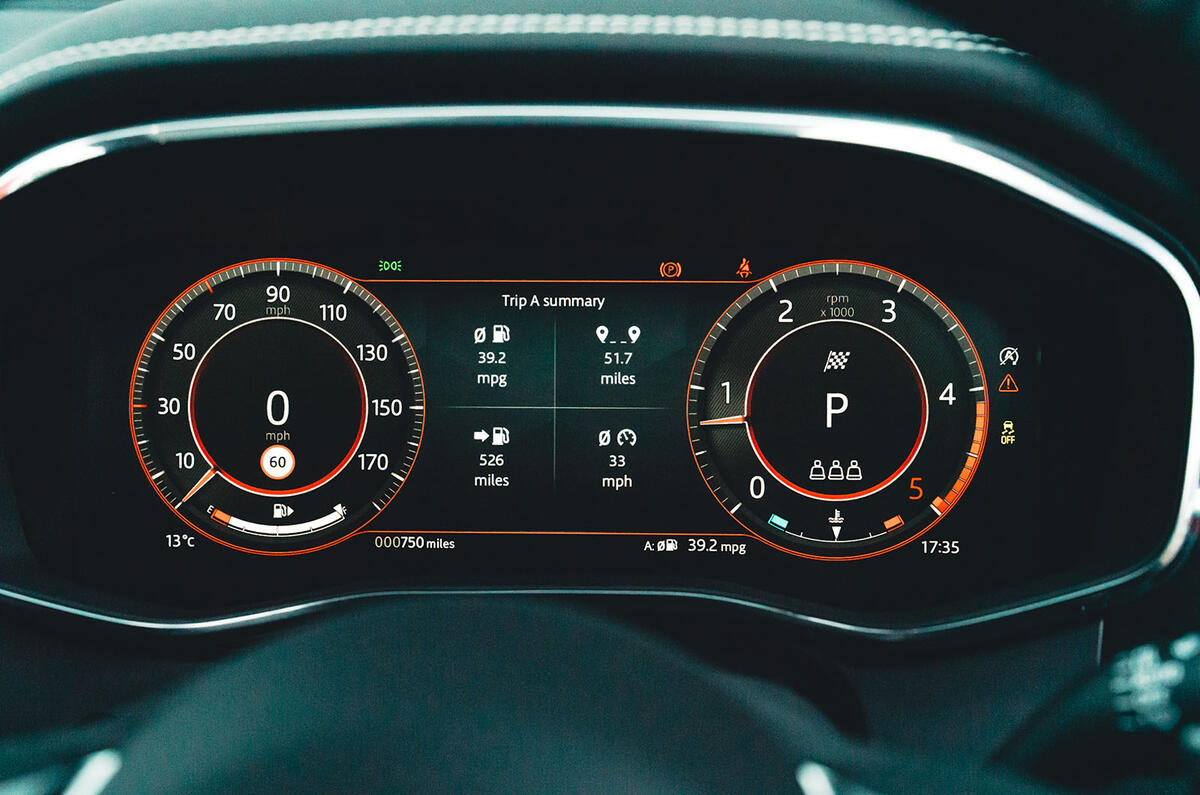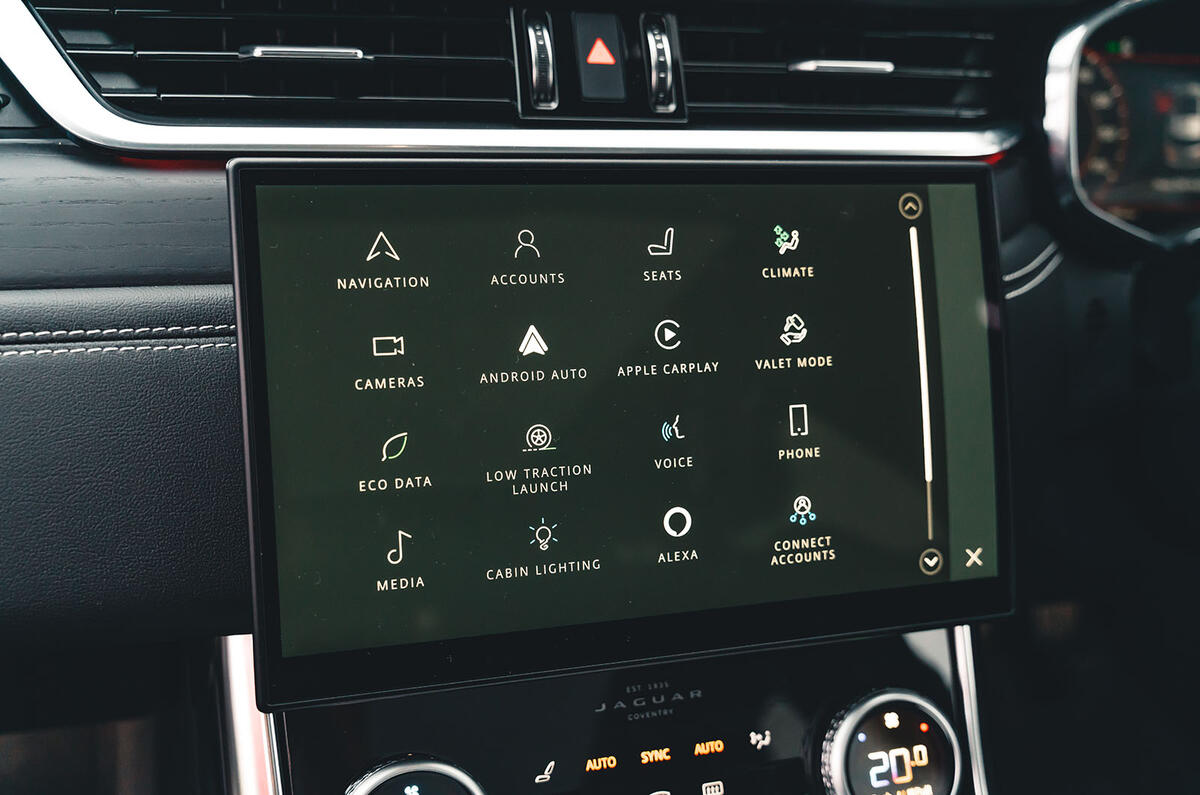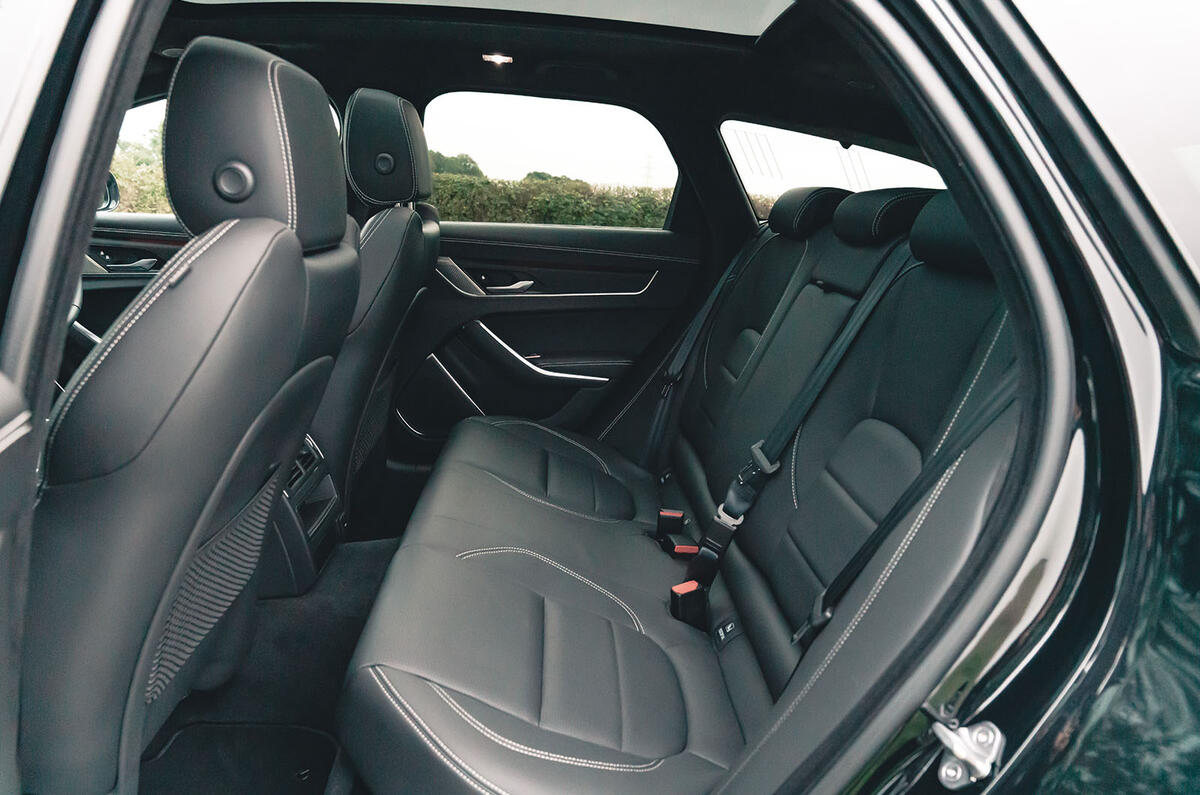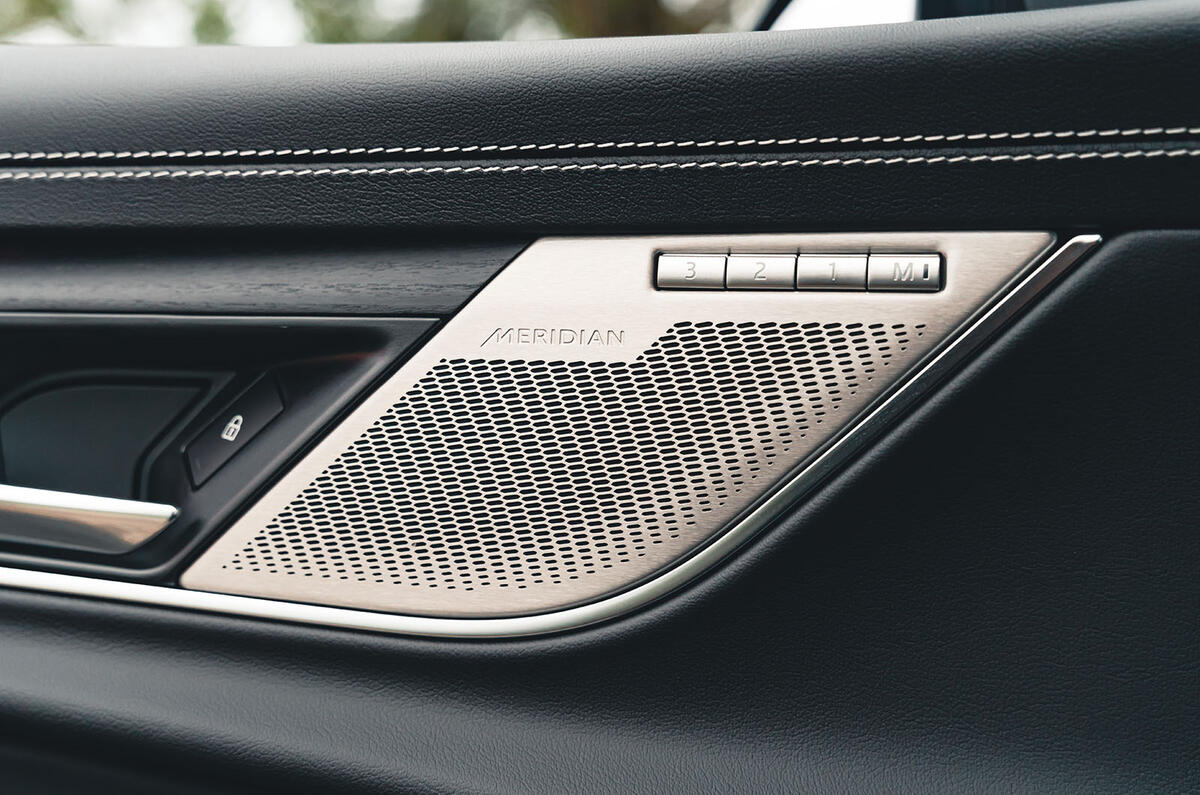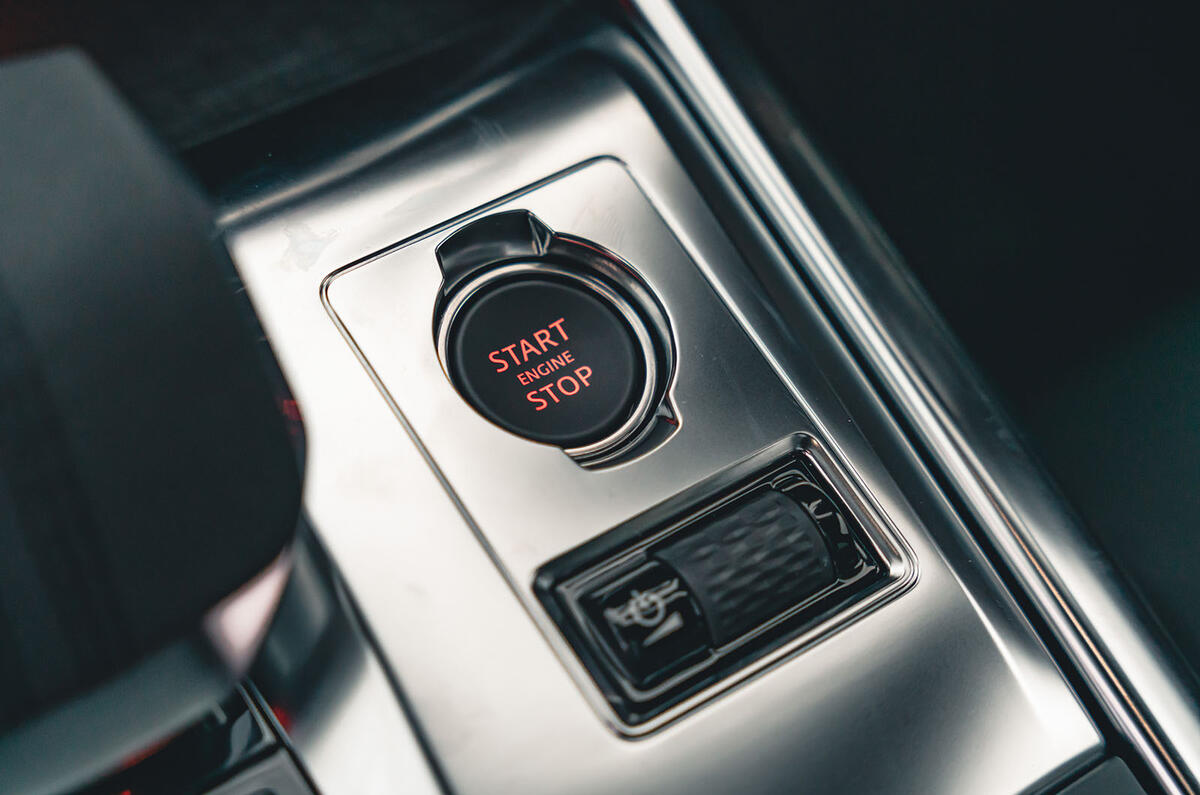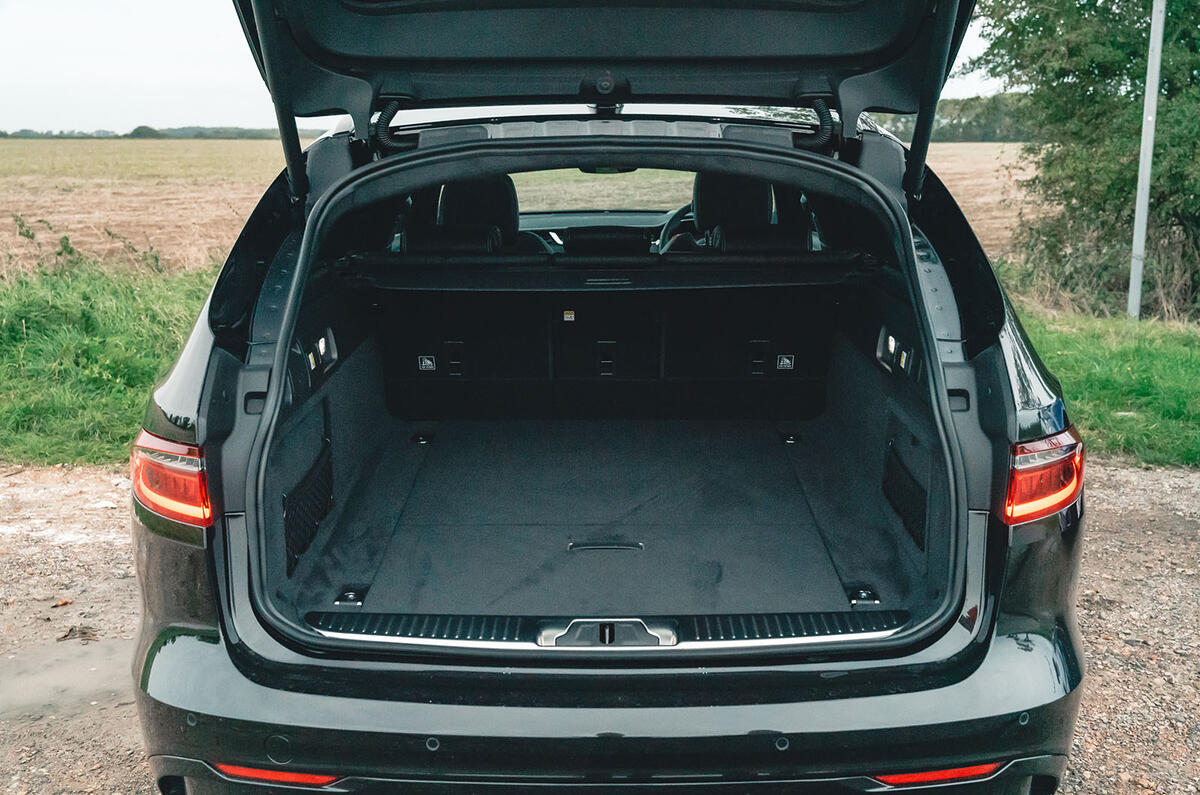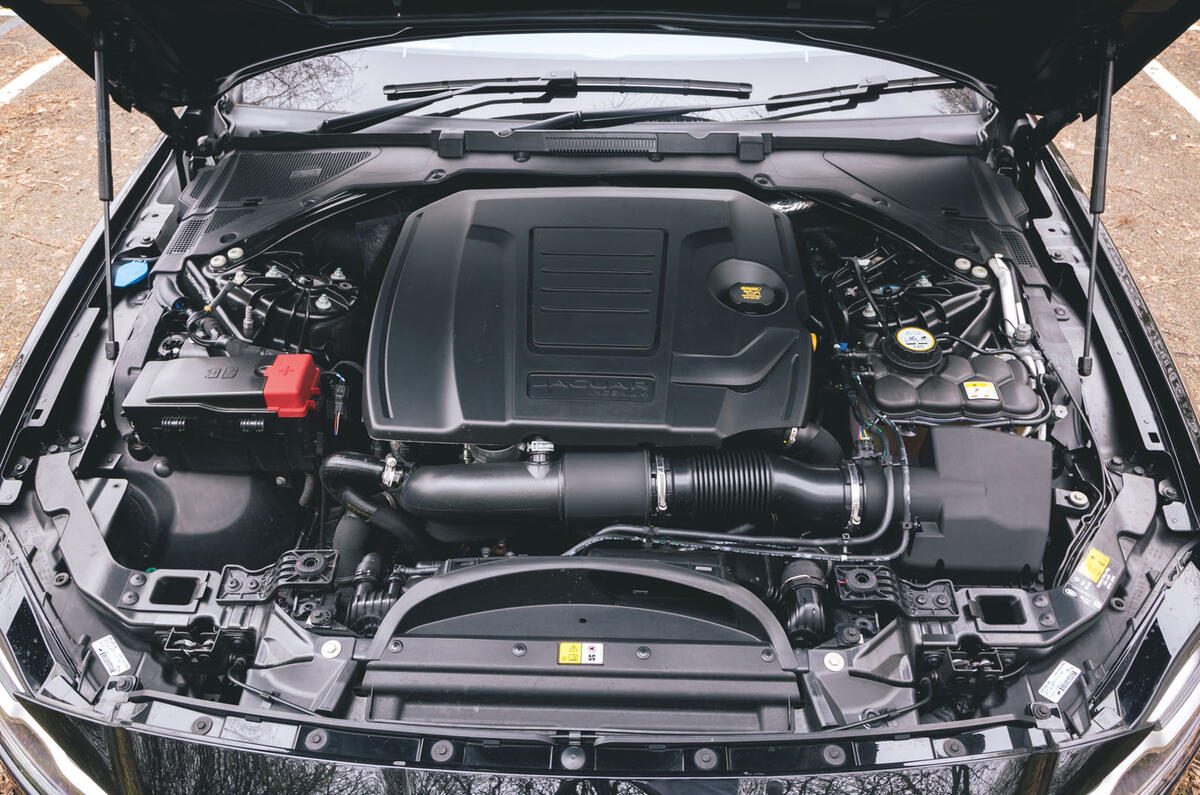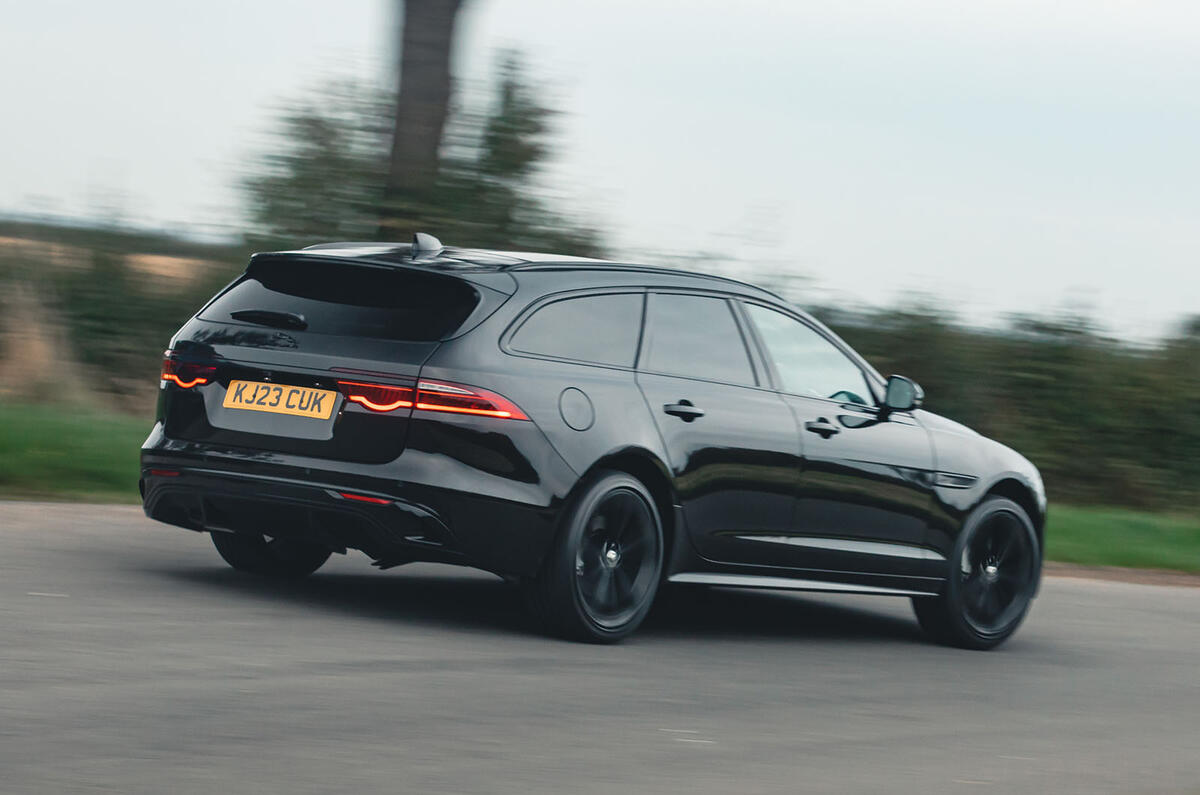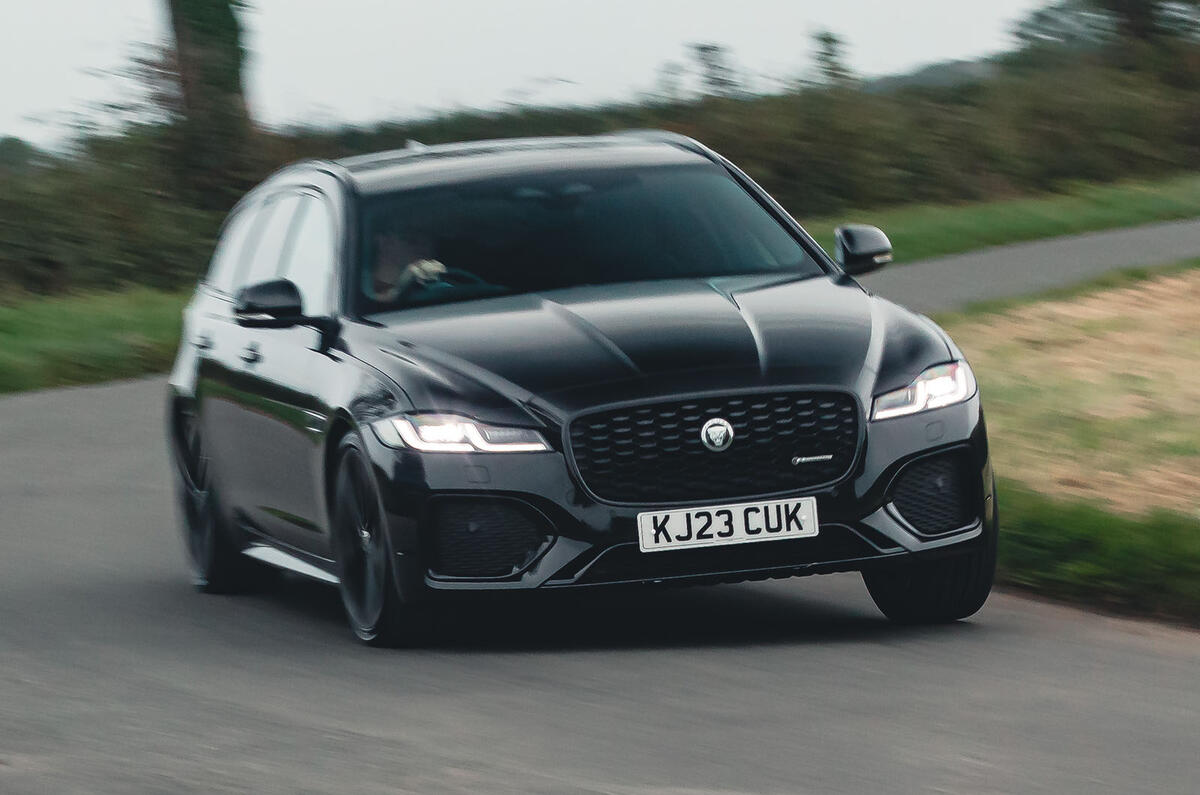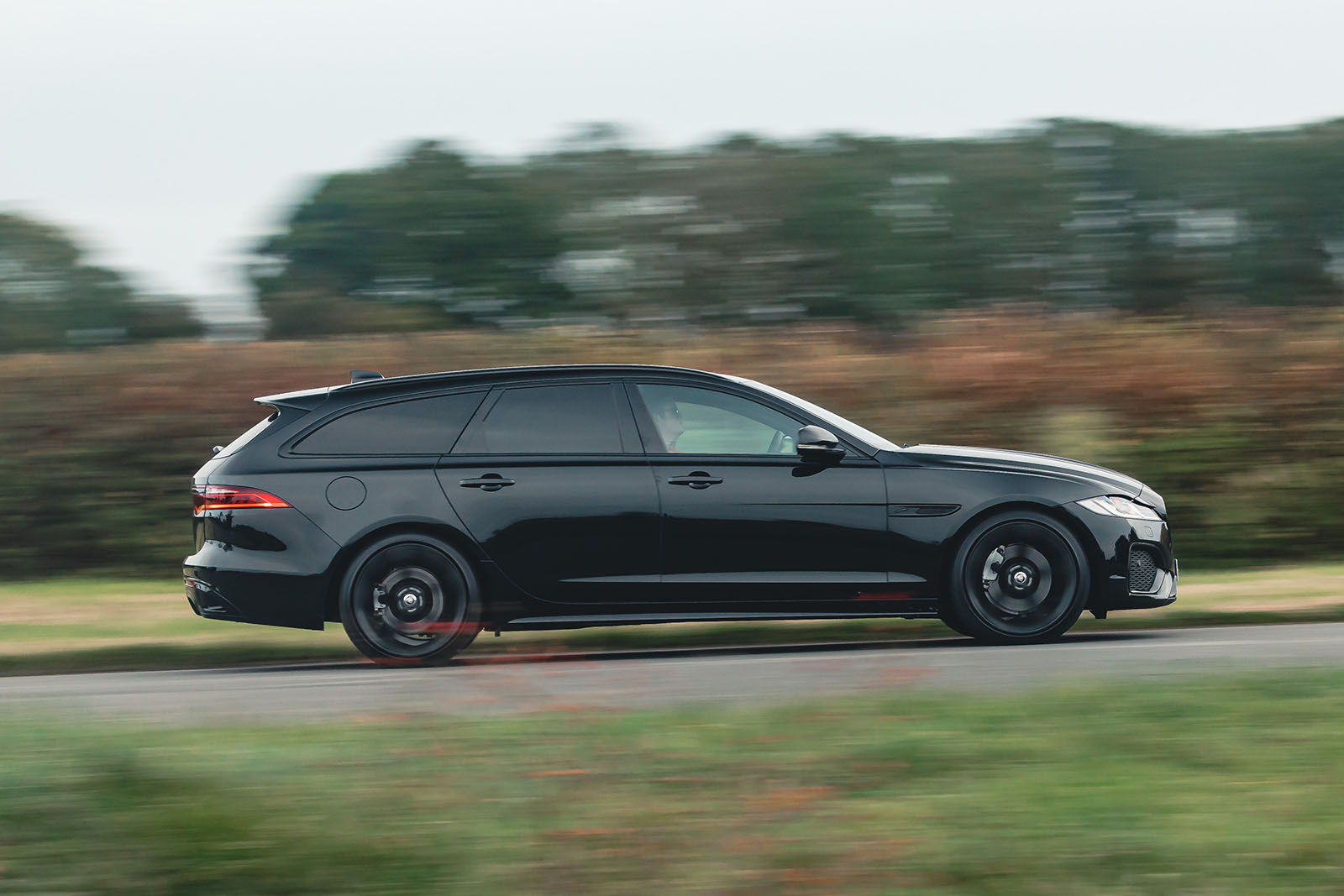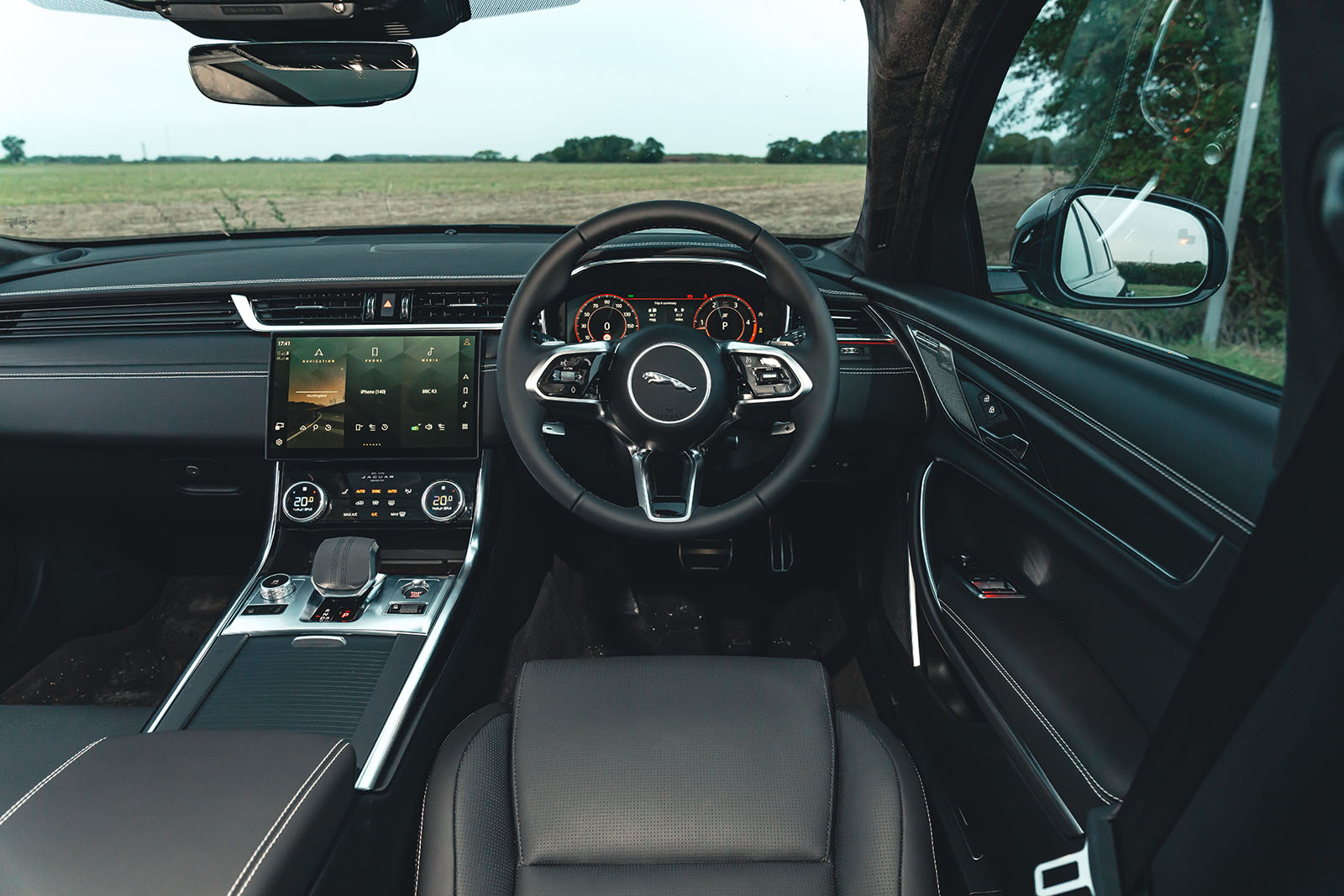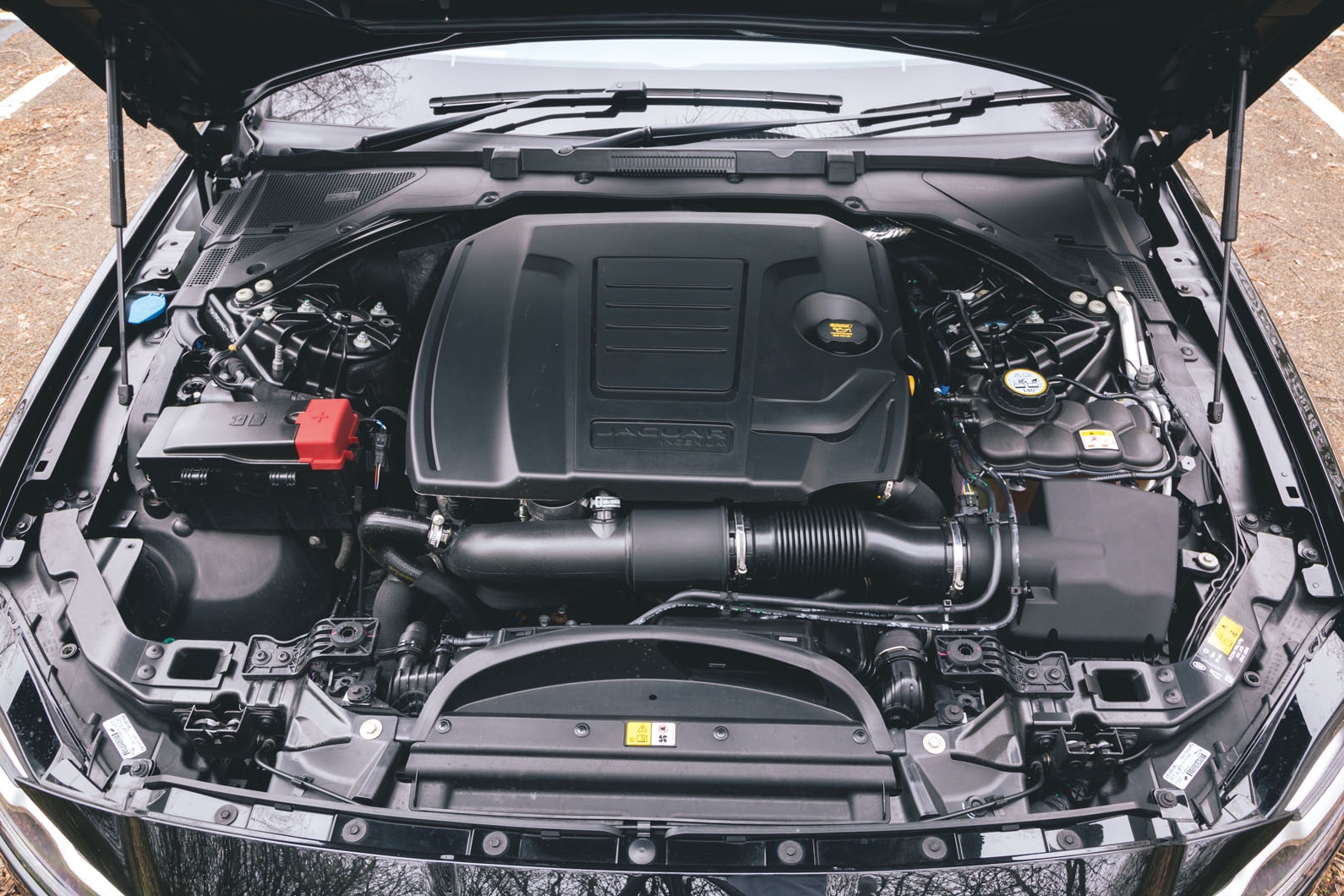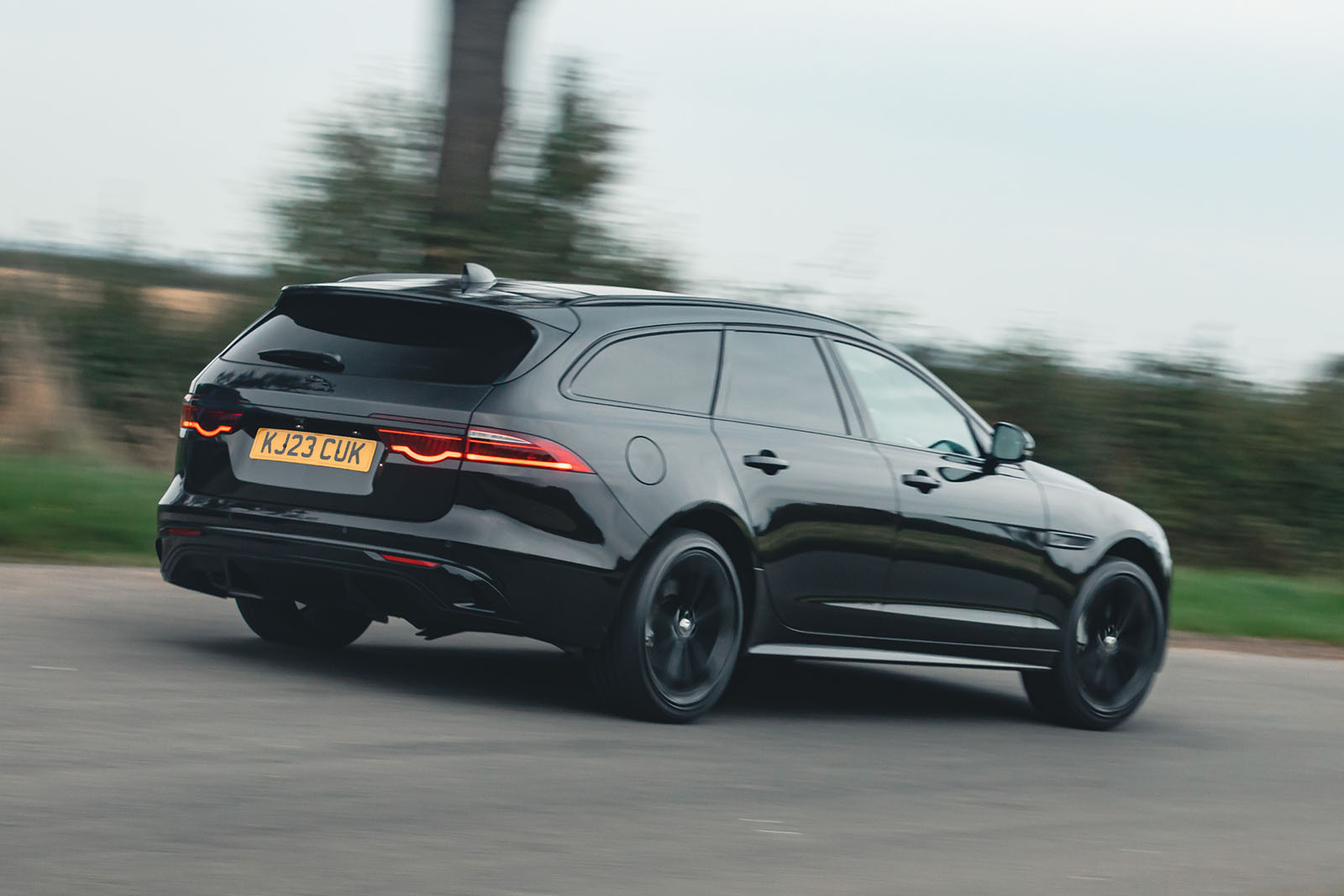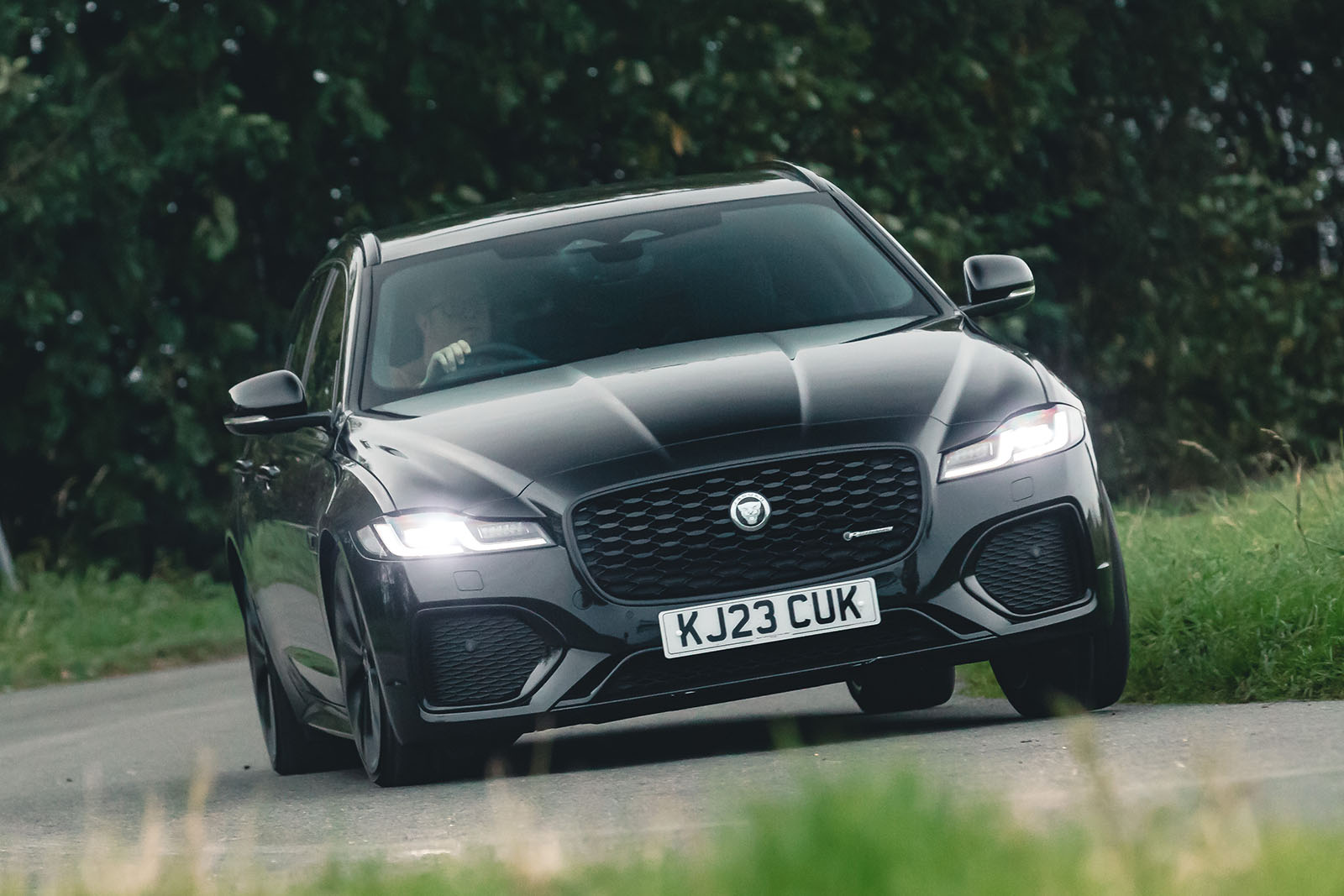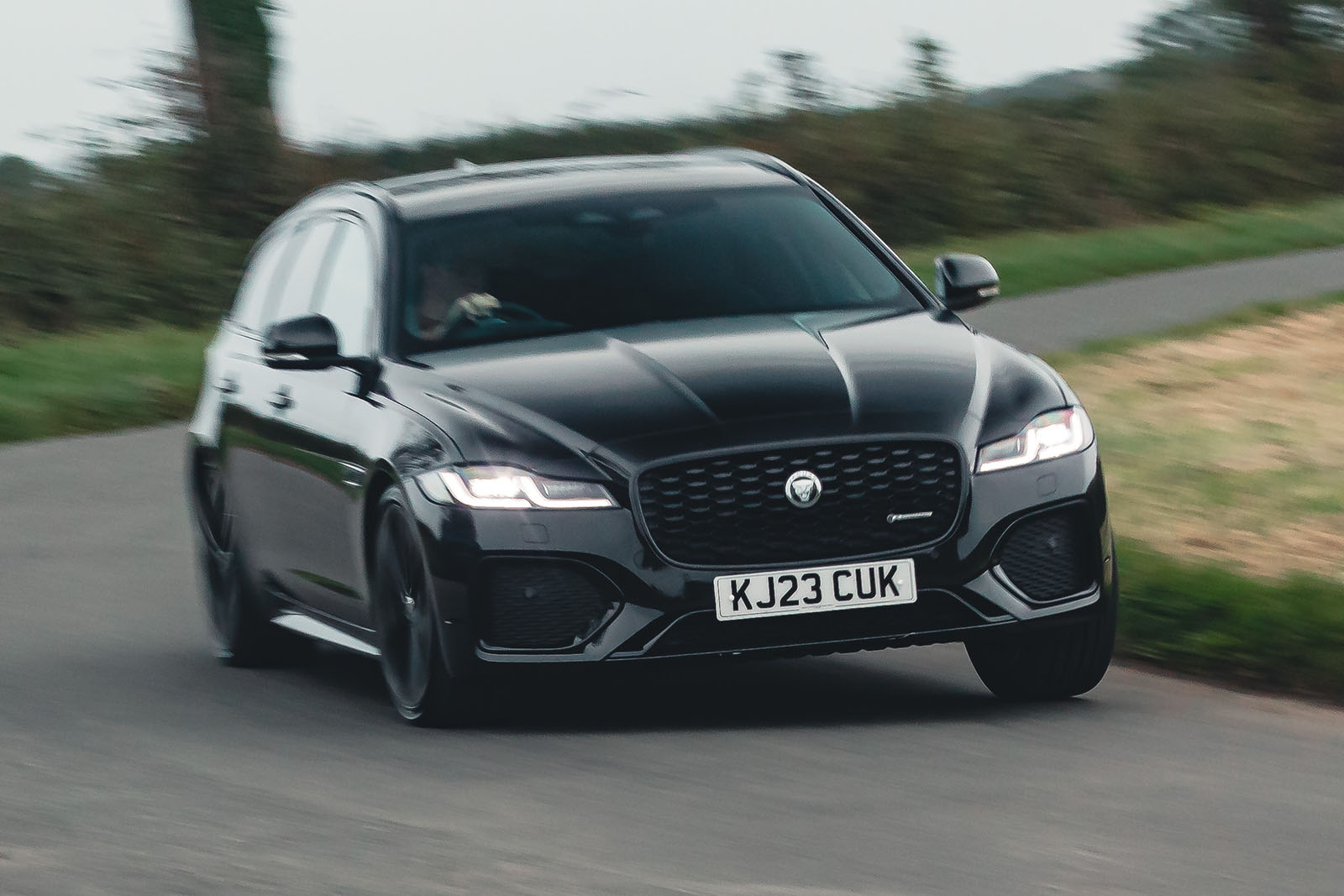British automotive journalists are supposedly some of the world’s hardest to please, which could be one reason why the Jaguar XF Sportbrake has got to where it is today.
In the most basic sense, it’s a sharply styled four-door estate car with a large boot at the back, a combustion engine up front and a well-appointed interior in the middle.
Look at it more closely, though, and you’ll see that it’s also around £20,000 less than the equivalent BMW 5 Series Touring and £17,000 less than the Mercedes-Benz E-Class Estate. In fact, its price point takes it to the class below.
This and the generous standard spec sheet could be the result of the very particular needs of incredulous, wary British car journalists pushing Jaguar to make the XF Sportbrake as good as it can be.
Whether this is true remains to be seen, but one thing is for certain: you get a lot of car for the money. And if space isn’t your priority, you can also have an XF saloon, which we've reviewed separately.
Now that it's coming to the end of its production life, however, does the XF Sportbrake still do enough to make you want to choose it over increasingly efficient, larger and more fleet-friendly tools from rival manufacturers?
Jaguar XF Sportbrake range at a glance
Happily, the list of specs and engines available with this car is short and simple.
The entry-level R-Dynamic SE Black car can be had with either a 2.0-litre four-cylinder diesel engine with 200bhp and 310lb ft or a 2.0-litre turbo petrol in two states of tune: 248bhp or 296bhp.


